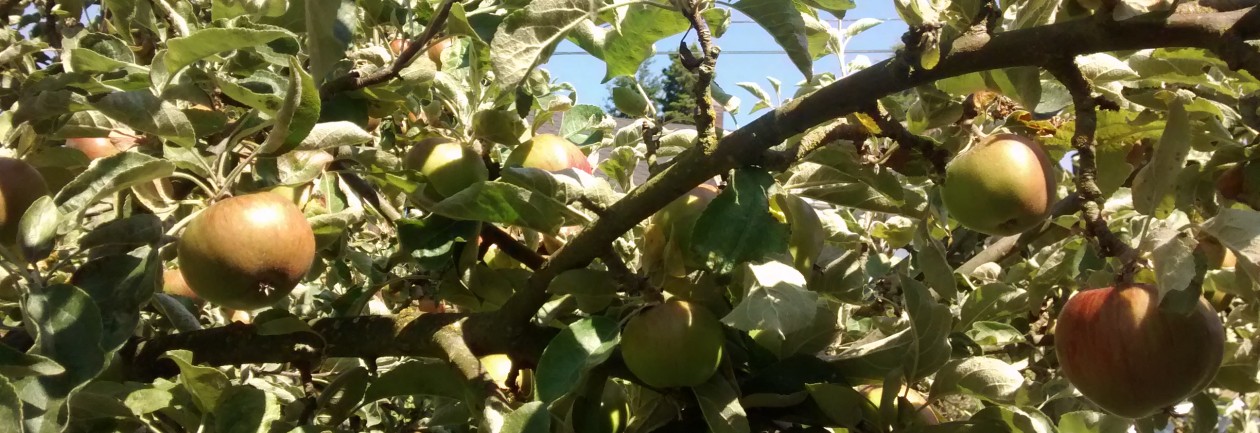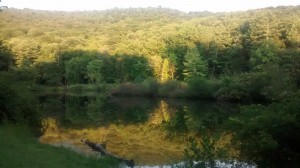“Now the Sabbath-yield of the land (is) for you, for eating, for you, for your servant and for your handmaid, for your hired-hand and for your resident-settler who sojourn with you; and for your domestic-animal and the wild-beast that (are) in your land shall be all its produce, to eat. ” – Leviticus 25: 6-7
The shmita year invites us to explore and rediscover our relationship of interdependence with the plants and animals that inhabit the margins of our lands and our hearts.
As we shift from eating commercial harvests purchased at market to what we gather for ourselves, we may find ourselves looking beyond the planted fields and cultivated gardens into the wilderness, the marginal lands, and the forests that border our communities.
When we are asked to join with those whom we may, in other years, consider “other,” those who work “for” us, animals, and wildlife, to share the Sabbath-yield of the land, with all of us as equals, we are invited to get to know one another. What tender herbs does the “resident sojourner” use? What insights, what recipes, what medicines? What are the names of his children? By learning and teaching one another, and by sharing our knowledge and culture with one another, how will the web of relationships within our community grow and change?
How will our perception of wildlife change (and let’s include all wildlife, mammals, but also birds, fish, and insects)? As we see with our own eyes their ways of life, their needs, their relationships with the land and one another, how will we respond? If we are asked to share with them, this surely implies that we will not begrudge them their portion with netting, or try to eradicate them with poisons. Maybe we will even look to our own marginal spaces, the edges of our property, public spaces near us, and feel moved to choose plants and shrubs for those spaces that will meet the needs of these new friends of ours for shelter and food.
During this shmita year, we should learn about and surround ourselves with the richness and abundance that we may otherwise fail to notice or appreciate, but which is all around us. Here are a few suggestions as to how to do this.
- Gather your community and take a foraging tour such as the one Congregation Beth Shalom Seattle will be hosting on October 26.
- Place an order for mushrooms locally foraged from Pacific Northwest forests from Foraged and Found Edibles.
- Look for foraging tours in the city where you live and invite your friends.
- Read a book like Fat of the Land, which is specifically about wild edibles in the Puget Sound area.
- Here’s one idea I particularly love: join the Just Garden Project and help diverse communities in Seattle plant community gardens and grow their own food.
Please share your thoughts on other ways of responding to the text above.

